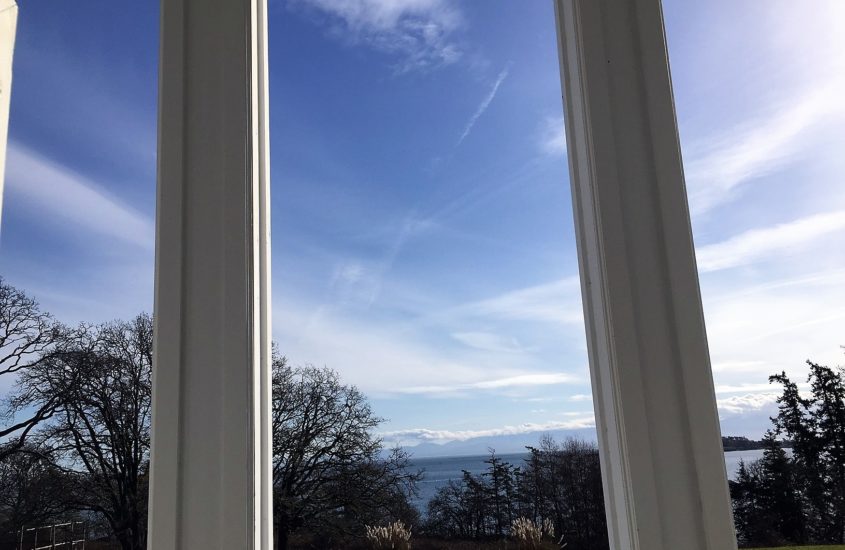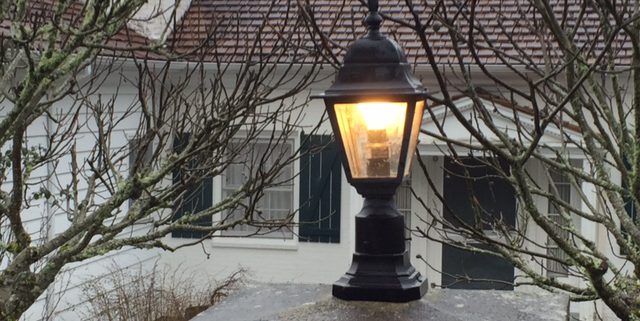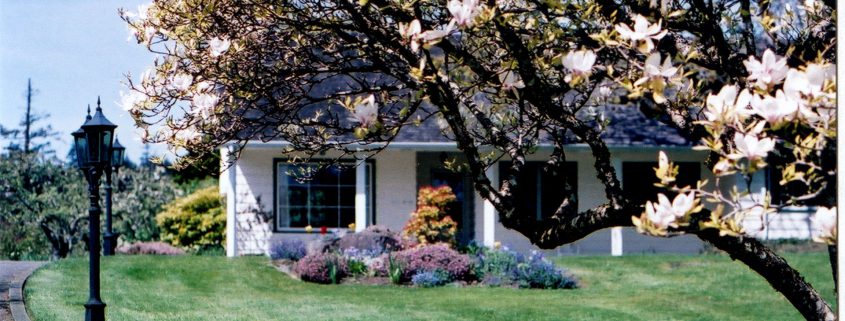Weekend Retreat with Ravi Ravindra
Self Inquiry and Inner Transformation
Weekend Retreat with Ravi Ravindra
March 10 – 12, 2017
For the fifth consecutive year Ravi Ravindra offered a weekend retreat at the Krishnamurti Educational Centre of Canada. A Ph. D and former professor of physics and philosophy, Ravi resides in Halifax. The retreat opened with a public talk on Friday evening at the Centre in which Ravi addressed the question “What is essential for self inquiry and transformation?” Eighteen people in total were present for the meeting. He spoke of the need to be receptive to the subtle energies and levels of reality that may ordinarily be overlooked. Where are we focusing most of our energies and how can the mind be quiet to receive subtle impressions and insights? Meditation was suggested to be very helpful in this regard. It involves a process of “coming to zero,” or a cleansing of our conditioning. In this we need to go beyond the words of any teaching and contact the reality being pointed to. Teachings are fingers pointing at the moon.
Twelve people attended the rest of the weekend. There were guided meditations on the breath, listening attentively to music, small group interactions around some quotations about self transformation, and a great deal of discussion with the whole group. Topics explored were the need for self study and some of its dangers: it can lead to despair on the one hand and fantasy on the other. Ravi pointed to “direct perception” as being essential. Whatever I become aware of in myself changes in its quality and relationship with me. It was postulated that in order to know the divine we must become the divine. Interesting issues related to culture and self inquiry were presented by Ravi, noting that the Eastern religions and the Abrahamic traditions emphasize very opposite characteristics of the human being, the universal and impersonal vs. the personal and unique. This has profound ramifications in how the societies function and humans interact.
Also included was a short video on the life and teachings of J. Krishnamurti, which was new to some of the participants. Delicious food was provided by Pearson College and we thank Ravi for making another visit to our Centre.










